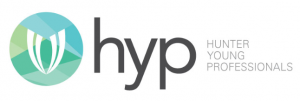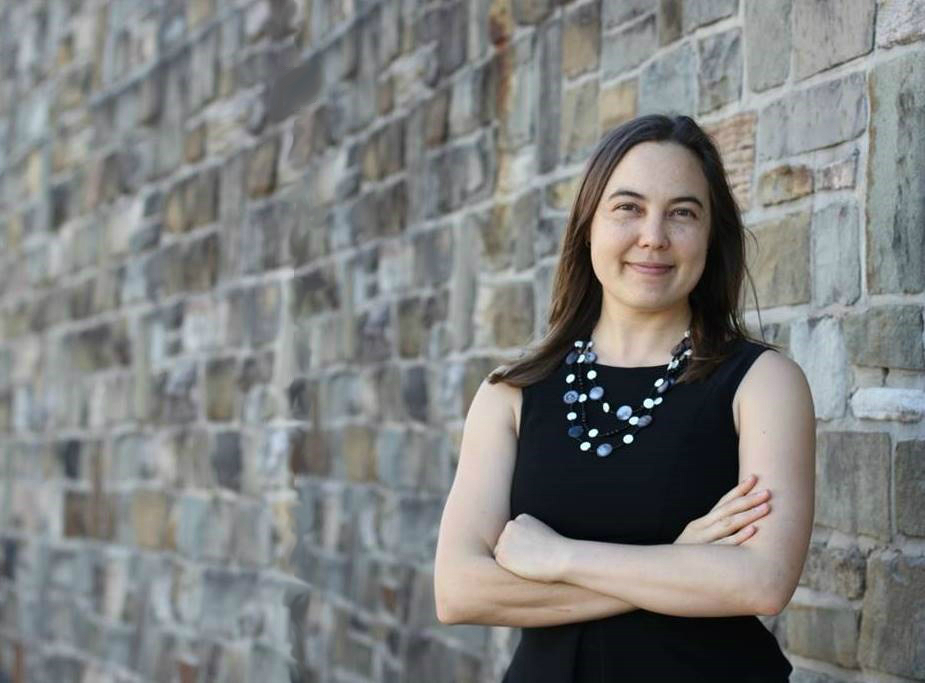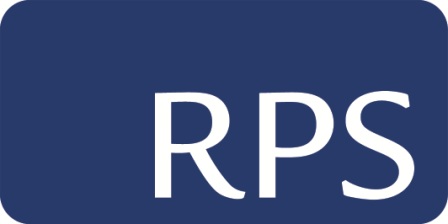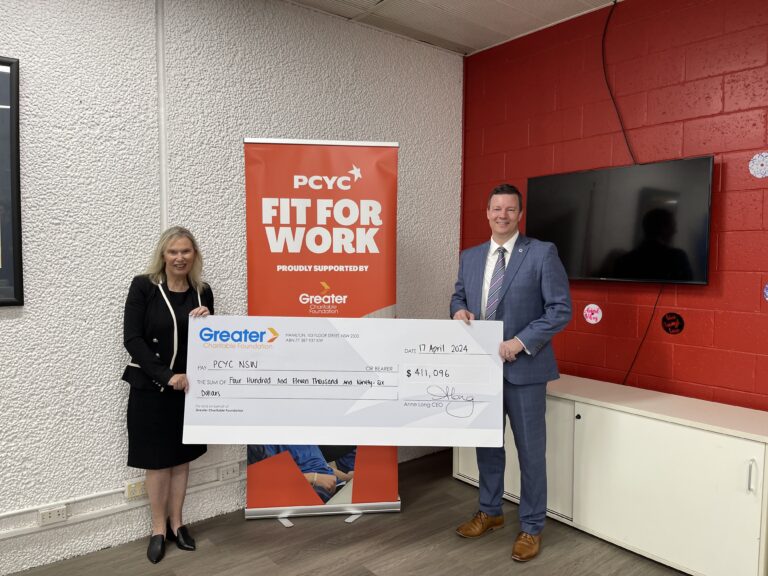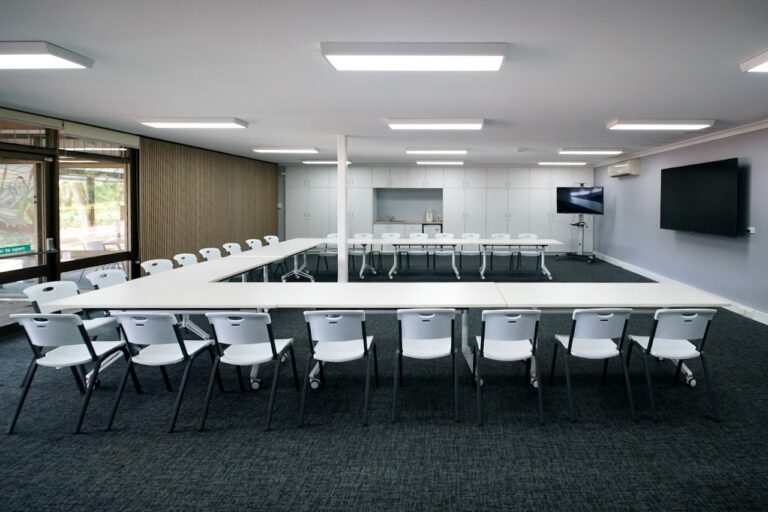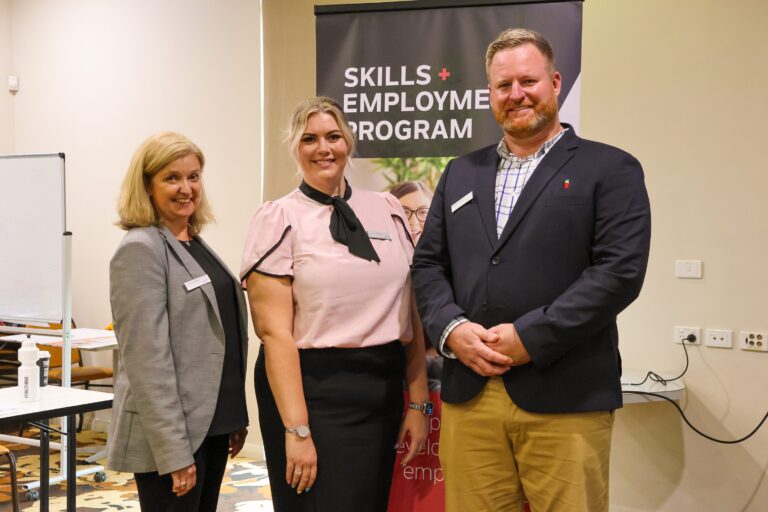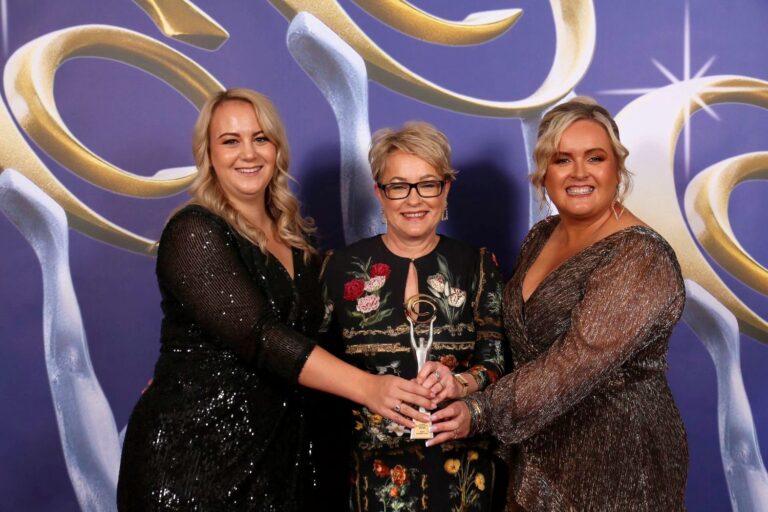Tessa Boer-Mah is the Newcastle Cultural Heritage Manager for RPS – a lead consultancy firm providing local solutions in planning, environment and development.
Bringing heritage alive is her primary motivator and she believes we have some especially rich history and archaeology in the Hunter region of which we should be proud.
Having spent her early archaeological career dodging landmines in Cambodia and doing digs in the world’s remotest regions, she now manages the heritage team in the RPS Newcastle office.
She says she is honoured to lead a dynamic team who are frontrunners in integrating new technology to provide innovative solutions for their client’s projects.
- What career path led you to where you are now?
In my early years I had the typical archaeological adventure – I did a whole pile of excavations in small villages in South East Asia, trekked through the jungle and avoided all the land mines. It was a really great experience because we got to work with local communities and it’s amazing what you can do with such small resources in such remote places. It gave me a resilience I probably wouldn’t have gotten anywhere else.
From that, I moved into archaeological consulting in Australia. That’s really exciting because we assist with land developers looking at the archaeology and heritage constraints and documenting them and essentially giving all of the interpretation that needs to be done. It’s a really rewarding experience.
From that I moved up through the ranks and I’m now an Archaeological Manager at RPS. I’ve got a great team. We’ve had some great achievements in the past few years. One of the particular ones that I’m pretty proud of is partnering with the Awabakal Land Council to remediate the post office. I think everyone’s done a really good job to get that project where it is.
- What motivates and drives you?
I love being able to give people that wow moment. That moment where you get to show them some local archaeology and it really strikes a cord with them; they understand the local history. I think it’s important that we celebrate the important heritage in Newcastle in the Hunter region.
- What has been your biggest learning curve in your career?
It’s definitely been managing change. And with that, the internal change and external change. A lot of people look at change as being a very external thing, but the real management is in managing that internal change, overcoming that and then you can lead and consolidate a team to move it forward. I think that’s a really important aspect to acknowledge.
During the end of the mining boom we went through a lot of struggles, as did a lot of people in Newcastle. There was a lot of despondence around that. It was really good to be able to basically internally recognise that and essentially grow the people around you to be able to overcome those challenges. I think as the Hunter region, in general, we’ve now got a much more diversified economy and I think we’re much more resilient because of it.
- Where would you like to be in 10 years?
Newcastle has a great smart city strategy and it’s setting goals for transforming the town from a coal town to a tech city. I would love to be part of that digital transformation. We have so many opportunities around town to interpret stuff visually, virtually and to the wider community. Newcastle City Council is putting in smart light poles and they have Bluetooth connection to smart devices, so it would be able to be great to be able to communicate the heritage to the wider community through such things.
I also think that it’s important that we celebrate the Aboriginal heritage in the area, whether that’s virtually or otherwise. I think it’s also important that we have monuments to their contributions to society, as well as recognising their losses. We have a lot of monuments to Anzac Day that recognises their losses, but very few for Aboriginal culture. I think it is important to have those monuments there to recognise their loss and the Sorry Business in the region.
As a non-indigenous Australian, I think it would be great to be able to lay a wreath on Sorry Day at a monument to recognise that loss and to promote healing. I think it’s really important for our communities to move forward while recognising that and having that transformation.
In a nutshell, I think there’s a lot of opportunity for virtual interpretation of archaeology that can be put out to the wider community. I’d really be happy to lead a team in changing the culture and recognising the culture of Newcastle through its history.
- Have you had any significant Hunter-based mentors during your career who inspired you?
Darrell Rigby, who is General Manager at RPS has been a great inspiration. He has this entrepreneurial spirit that pulls everyone along and makes people think out of the box and I find that really inspiring. He also has a very strong stance on gender equality, and that’s really important both for males and females. We make sure that our teams are structured so that we do have gender balance in there, but also reflecting and respecting the types of professions and different departments that we have. So, our heritage team is structured very differently from our surveying team, but we respect the gender balances in there.
We have a look at the University intakes each year and graduates coming out so that we make sure that we’re in line with the gender balance there. Darrell also has this great way of essentially just bringing people along with him and I hope that’s something I’ll be able to do in the future.
With thanks to Hunter Young Professionals who Hunter Headline collaborated with to source this interviewee.
